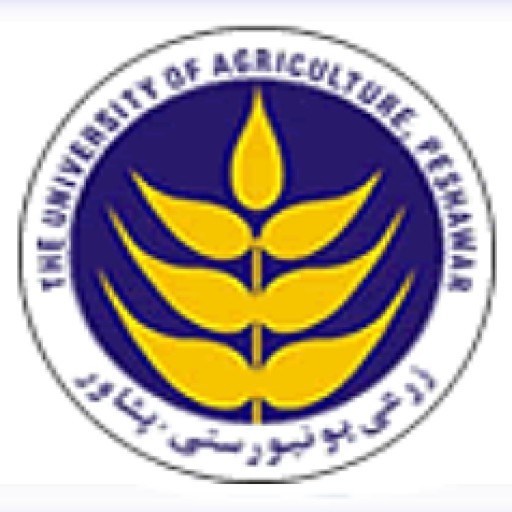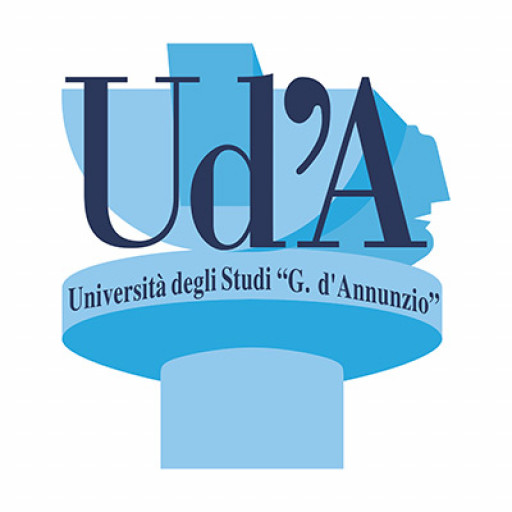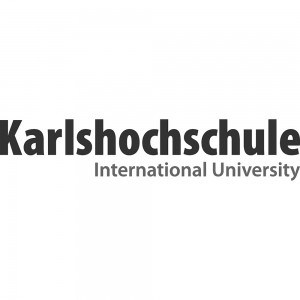Photos of university / #oxford_uni
There are close connections between these three subjects, so studying a combination of them makes a lot of sense. Psychology includes subjects as diverse as social interaction, learning, child development, schizophrenia and information processing. Philosophy is concerned with a wide range of questions including ethics, knowledge and the nature of mind. Linguistics is the study of language in all its aspects, including the structure of languages, meaning (semantics), how children learn language, pronunciation, and how people understand, mentally represent and generate language.
Psychology at Oxford is a scientific discipline, involving the rigorous formulation and testing of ideas. It works through experiments and systematic observation rather than introspection. The Oxford Experimental Psychology Department is widely regarded as one of the leading psychology departments in the UK. At present, there are particularly strong groups in the fields of human cognitive processes, neuroscience, language, developmental and social psychology.
The Oxford Philosophy Faculty is the largest philosophy department in the UK, and one of the largest in the world. Philosophy at Oxford has active interests in the philosophy of mind and the philosophy of science, and has very close links with those working in neuroscience and psychology.
The Faculty of Linguistics, Philology and Phonetics brings together scholars working in theoretical and descriptive linguistics (especially syntax, semantics and phonology), experimental phonetics, psycholinguistics, linguistics of the Romance languages, historical linguistics and comparative philology. Unlike other subjects in the humanities, it includes two scientific research laboratories – the Language and Brain Laboratory and the Phonetics Laboratory.
PPL Careers
Psychology, Philosophy and Linguistics graduates can enter careers including professional psychology, education, research, medicine, the health services, finance, commerce, industry, the media and information technology. Some careers will require additional study and/or training.
If Psychology constitutes at least 50% of your course, and covers the BPS curriculum, and provided you achieve the minimum standard of a Second Class Honours, your degree is accredited as conferring eligibility for the Graduate Basis for Chartered Membership of the British Psychological Society. This is normally the first step towards becoming a Chartered Psychologist.
- Terms 1 and 2: About six lectures and two–three tutorials
- Terms 3–9: About six lectures, one–two tutorials and one practical class. You may also do independent research by carrying out your own research project, library dissertation or thesis
| Terms 1 and 2 | |
|
Courses Three introductory courses are taken from:
|
Assessment First University examinations: Three written papers |
| Terms 3–9 | |
|
Courses After the second term, students can continue to follow a bipartite degree (Psychology and Philosophy, Psychology and Linguistics, or Philosophy and Linguistics) or, exceptionally and subject to their college’s approval, a tripartite degree (Psychology, Philosophy and Linguistics). Students choosing Psychology will study a choice of core subjects in terms 3–5, plus a course in Experimental design and statistics, followed by one, two or three advanced Psychology options in terms 6–8. A full list of current options is available on the Psychology website. Students choosing Philosophy take from three to five courses in Philosophy, from a wide range including Philosophy of mind and Philosophy of cognitive science. For details see www.philosophy.ox.ac.uk/courses. Students choosing Linguistics take from three to five courses in Linguistics. For further details, see the Paper A and Paper B options at www.ling-phil.ox.ac.uk/undergrads#fhs. Students opting for a bipartite degree may take a single paper in the third subject. Students who are exceptionally permitted to take the tripartite degree must take at least two courses in each of the three subjects of Psychology, Philosophy and Linguistics. |
Assessment Final University examinations: Eight papers; two practical portfolios (for Psychology); a research project or thesis may also be taken (depending upon the combination of courses) Students choosing Psychology take the equivalent of two written papers in Psychology in the second year based on the core subject areas (see Experimental Psychology). |
The content and format of this course may change in some circumstances.
- Attestat o Srednam Obrazovanii (Certificate of Secondary Education) would not be sufficient for candidates to make a competitive application. If your qualification is listed as being insufficient to make a competitive application to Oxford, then you will need to undertake further study if you wish to apply.You could take British A-levels (the British Council may know where you can take A-levels in your country), the International Baccalaureate (IB), or any other qualifications listed as acceptable on this page. The first year of a bachelor's degree from another university could also be an acceptable alternative.
- IELTS: overall score of 7.0 (with at least 7.0 in each of the four components)
- TOEFL (paper-based): overall score of 600 with a Test of Written English score of 5.5
- TOEFL (internet-based): overall score of 110 with component scores of at least: Listening 22, Reading 24, Speaking 25, and Writing 24.
- Cambridge English: Advanced, also known as the Certificate of Advanced English (CAE): grade A if taken before January 2015, or a score of at least 185.
- Cambridge English: Proficiency, also known as the Certificate of Proficiency in English (CPE): grade B if taken before January 2015, or a score of at least 185.
- English Language GCSE, or O-level: grade B (for IGCSE, please see below)
- International Baccalaureate Standard Level (SL): score of 5 in English (as Language A or B)
- European Baccalaureate: score of 70% in English.
For Psychology, it is highly recommended for candidates to have studied one or more science subjects (which can include Psychology) or Mathematics to A-level, Advanced Higher, Higher Level in the IB or any other equivalent. For Linguistics, it is helpful for candidates to have studied English Language, Mathematics, a science or any other language. We expect you to have taken and passed any practical component in your chosen science subjects.
All candidates must also take the Thinking Skills Assessment (TSA) as part of their application, and Linguistics candidates will also need to take the Linguistics paper from the Modern Languages Admissions Test (MLAT).
Want to improve your English level for admission?
Prepare for the program requirements with English Online by the British Council.
- ✔️ Flexible study schedule
- ✔️ Experienced teachers
- ✔️ Certificate upon completion
📘 Recommended for students with an IELTS level of 6.0 or below.
Hill Foundation Scholarship
Russian nationals wishing to study for a second undergraduate degree.
Palgrave Brown Scholarship
Students must be ordinarily resident in and/or educated in the following countries:
Albania; Armenia; Azerbaijan; Belarus; Bosnia and Herzegovina; Bulgaria; Croatia; Czech Republic; Estonia; Georgia; Hungary; Kazakhstan; Kyrgyz Rep.; Latvia; Lithuania; Macedonia; Moldova; Montenegro; Poland; Romania; Russia; Serbia; Slovakia; Slovenia; Tajikistan; Turkmenistan; Ukraine; Uzbekistan.











